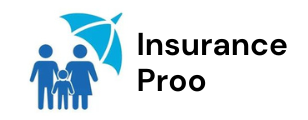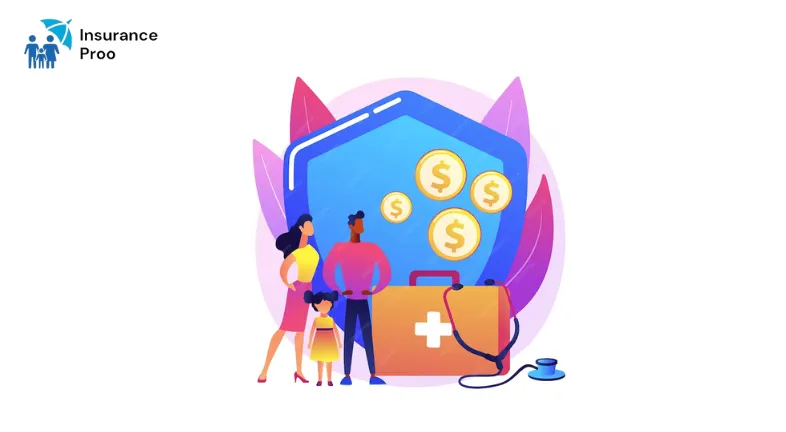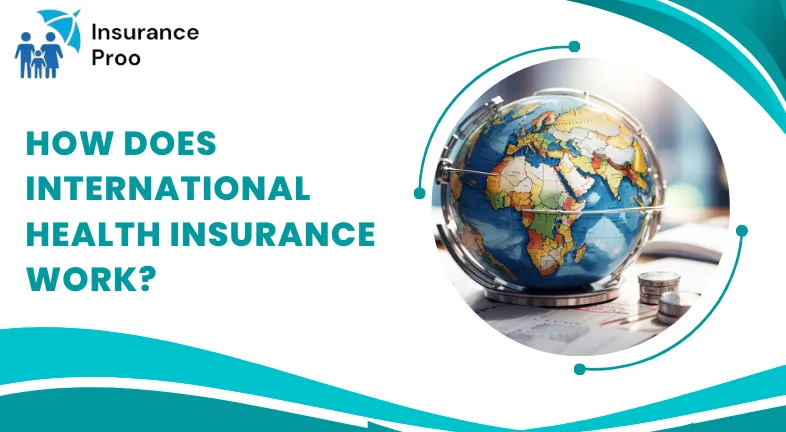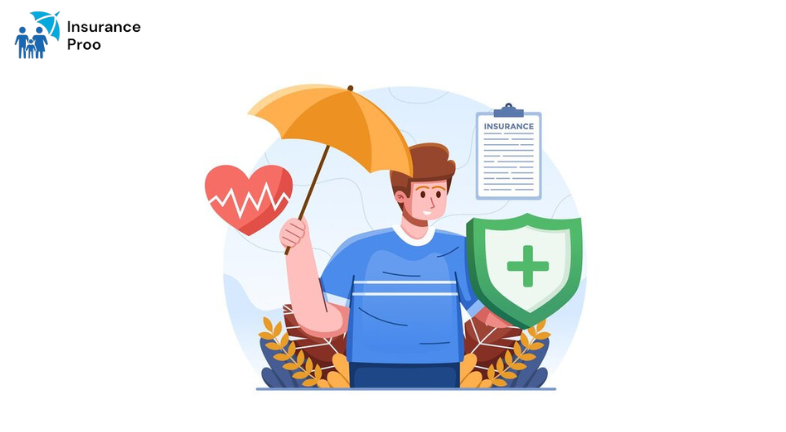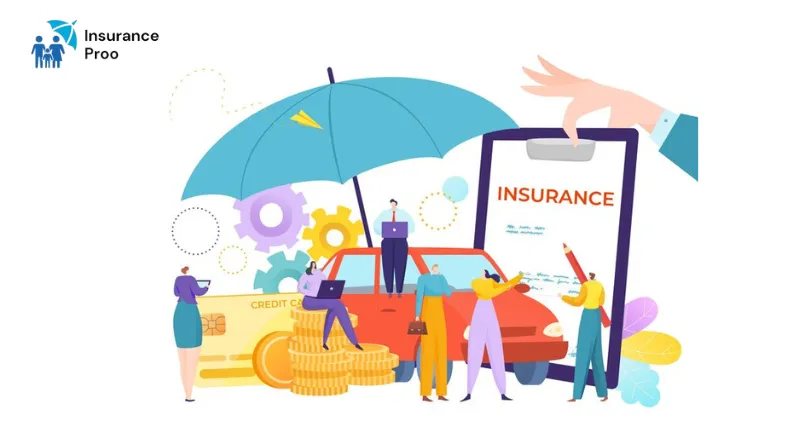HOW TO BECOME AGENT INSURANCE IN TEXAS?

Choosing Your Path: A Handbook for Getting Licensed to Sell Insurance in Texas
For those looking to make a good living while also building a profitable business, the exciting field of insurance sales in Texas provides a fulfilling professional path. This tutorial explores the procedures for becoming a licensed insurance agent in Texas, including the application process, prerequisite education, and helpful advice for starting your career.
Comprehending the Insurance Scene in Texas
With many different insurance companies and a large selection of insurance products, Texas has a diversified insurance industry. You can choose to focus on life and health insurance, property and casualty insurance, or a mix of the two as a licensed agent.
License prerequisites:

The Texas Department of Insurance (TDI) licenses those who wish to sell insurance in the state. The kind of insurance you wish to offer will determine the precise licensing requirements. This is an overview in general:
Property and Casualty Insurance: Needs passing the exam in order to qualify. An applicant can skip the exam for a 90-day temporary license, but they must pass it to obtain a permanent license.
Passing the Life & Health Insurance exam is necessary for Life & Health Insurance. Just like with property and casualty, there is no exam required to receive a temporary 90-day license. Selling both life and health and property and liability insurance is possible with a combination license. This requires passing each of the corresponding exams
Qualifications in Education:
Pre-licensing education classes are not required for the majority of insurance licenses in Texas. To improve your chances of passing the tests and the insurance business, it is highly advised that you enroll in a pre-licensing course. Different providers may offer these courses in-person or online.
How to Obtain a License: A Comprehensive Guide

The following is summary of the essential actions needed to obtain a Texas insurance agent license:
Select the Type of License You Want: Depending on your hobbies and professional objectives, choose the kind of insurance you wish to sell: life and health, property and casualty, or a combination of both.
Full Pre-licensing Training (Optional but Strongly Suggested): To get ready for the license exam, sign up for a pre-licensing course from a provider that has been approved by TDI. Plan Your Exam: As soon as you believe you are ready, sign up with Pearson VUE, a nationwide testing company, for the appropriate licensure exam.
Pass the Test for Licensure: Obtain a passing grade on the relevant exam for the license type that you have selected.
Background Check for Fingerprints: As required by the TDI, submit your fingerprints for a background check.
Make a License Application: Apply online using the National Insurance Producer Registry (NIPR) system to obtain an insurance license. Remit the necessary costs linked to the license application.
Continue to Hold Your License: After receiving your license, keep it in good standing by completing the requirements for continuing education (CE) every two years.
Extra Things to Think About:

Locating an Insurance Agency: To obtain expertise and guidance, a lot of recently graduated agents opt to work for well-established insurance businesses. Investigate companies that focus on the insurance lines you have selected.
Earning Potential: Experience, the kind of insurance sold, and commission arrangements all affect an insurance agent’s ability to get paid in Texas. Performance-based bonuses are also given to certain agents.
Dedication to Ongoing Education: The insurance sector is always changing. To be competitive, stay up to date on product changes, laws, and industry trends. If you want to grow in your work, think about getting more professional credentials.
CONCLUSION:
To grow your network and produce leads, cultivate connections with other insurance professionals, prospective customers, and sources of referrals.
Getting to know consumers, answering their questions, and providing comprehensive explanations of insurance products all depend on your ability to communicate effectively.
